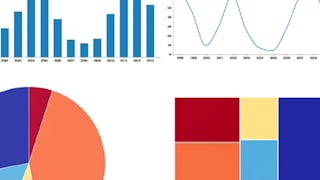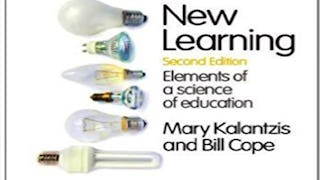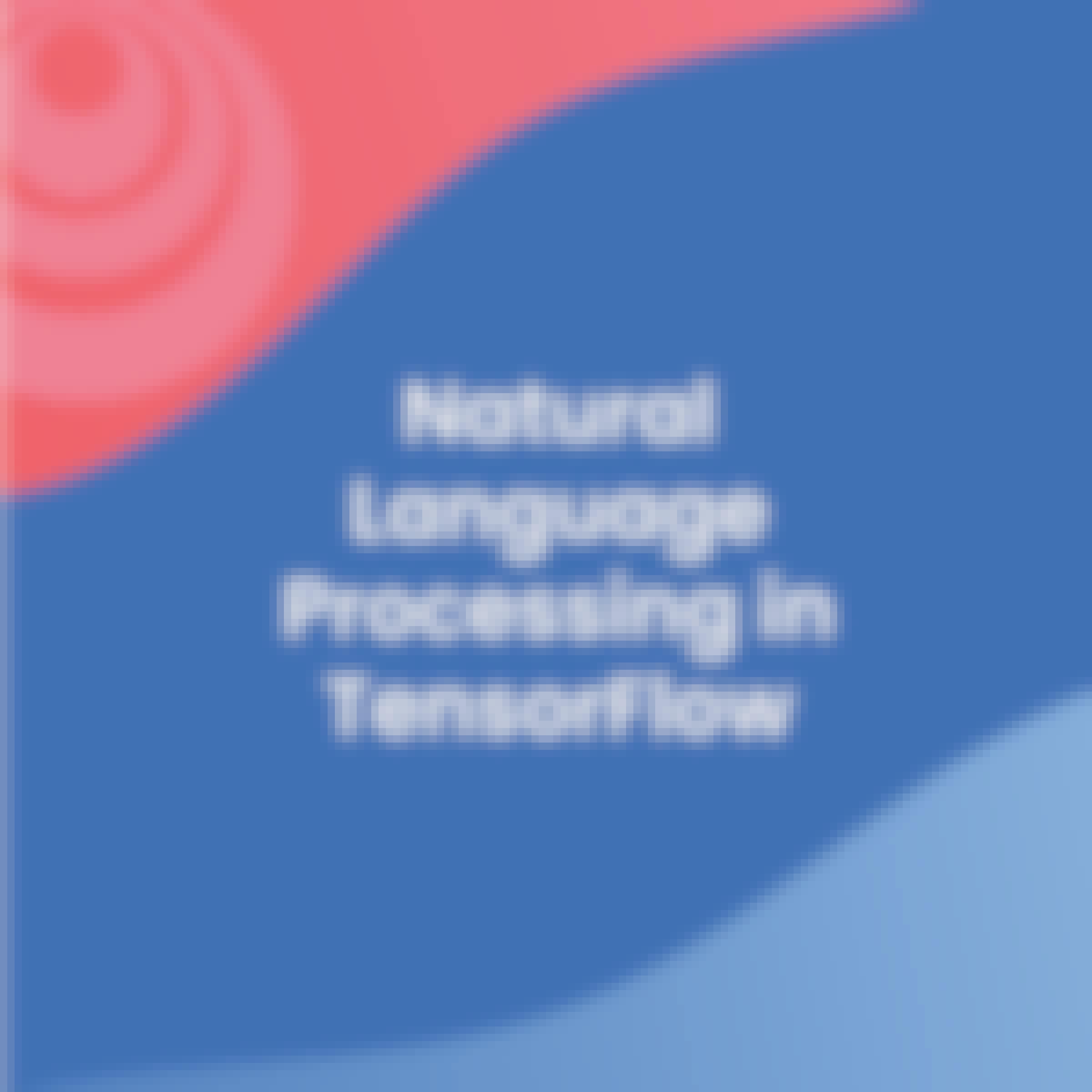- Browse
- Human Computer Interaction
Results for "human computer interaction"
 Status: Free TrialFree TrialU
Status: Free TrialFree TrialUUniversidad Nacional Autónoma de México
Skills you'll gain: NoSQL, Data Warehousing, Relational Databases, Database Management, Extract, Transform, Load, SQL, Databases, Data Mining, Business Intelligence, Big Data, Database Architecture and Administration, Information Systems, Database Systems, MySQL, Predictive Analytics, Database Design, MongoDB, Data Modeling, Scalability, Database Management Systems
4.3·Rating, 4.3 out of 5 stars694 reviewsIntermediate · Specialization · 3 - 6 Months
 Status: Free TrialFree TrialU
Status: Free TrialFree TrialUUniversity of Colorado Boulder
Skills you'll gain: Data Visualization Software, Interactive Data Visualization, Visualization (Computer Graphics), User Centered Design, User Experience Design, Data Presentation, Usability, Human Centered Design, User Research, Usability Testing, Quantitative Research, Design Elements And Principles
Build toward a degree
4.7·Rating, 4.7 out of 5 stars39 reviewsIntermediate · Course · 1 - 4 Weeks
 Status: Free TrialFree TrialU
Status: Free TrialFree TrialUUniversity of Illinois Urbana-Champaign
Skills you'll gain: Cloud Infrastructure, Network Architecture, Computer Networking, Cloud Computing Architecture, Software-Defined Networking, Cloud Computing, Network Routing, TCP/IP, Wide Area Networks, Data Centers, Network Performance Management, Network Switches, Virtual Machines, Scalability, Python Programming
4.4·Rating, 4.4 out of 5 stars304 reviewsMixed · Course · 1 - 3 Months
 Status: NewNewStatus: PreviewPreview
Status: NewNewStatus: PreviewPreviewSkills you'll gain: Team Performance Management, Performance Management, Key Performance Indicators (KPIs), Performance Measurement, Employee Performance Management, Management Training And Development, Performance Metric, Performance Improvement, Human Resource Strategy, Performance Analysis, Business Metrics, Performance Review, Constructive Feedback, Organizational Strategy, Accountability, Employee Engagement, Data-Driven Decision-Making, Analytics, Continuous Improvement Process, Driving engagement
Intermediate · Course · 1 - 4 Weeks
 Status: Free TrialFree Trial
Status: Free TrialFree TrialSkills you'll gain: Microarchitecture, Computer Architecture, Embedded Software, Embedded Systems, Hardware Architecture, System Requirements, Technical Support, Software Development Tools, Software Development
4.7·Rating, 4.7 out of 5 stars139 reviewsIntermediate · Course · 1 - 4 Weeks
 Status: PreviewPreviewU
Status: PreviewPreviewUUniversity of Illinois Urbana-Champaign
Skills you'll gain: Pedagogy, Digital pedagogy, Education and Training, Teaching, Human Learning, Differentiated Instruction, Higher Education, Instructional Strategies, Cultural Diversity, Lifelong Learning, Willingness To Learn, Curriculum Development, Student-Centred Learning, Student Engagement
4.7·Rating, 4.7 out of 5 stars354 reviewsBeginner · Course · 1 - 4 Weeks
 Status: PreviewPreviewU
Status: PreviewPreviewUUniversity of Washington
Skills you'll gain: Other Programming Languages, Software Design, Ruby (Programming Language), Programming Principles, Data Structures, Software Architecture, Computer Programming, Functional Design, Debugging
4.9·Rating, 4.9 out of 5 stars788 reviewsIntermediate · Course · 1 - 4 Weeks
 Status: NewNewStatus: Free TrialFree TrialR
Status: NewNewStatus: Free TrialFree TrialRReal Madrid Graduate School Universidad Europea
Skills you'll gain: Data Literacy, Technical Communication, Probability & Statistics, Web Scraping, Data Import/Export, JSON, Data Integration, Statistical Analysis, Pandas (Python Package), Image Analysis, Advanced Analytics, Analytical Skills, Analysis, Data-Driven Decision-Making, Case Studies, Data Manipulation, AI Enablement, Descriptive Statistics, Statistical Inference, Unsupervised Learning
Beginner · Specialization · 3 - 6 Months
 Status: NewNewStatus: Free TrialFree TrialC
Status: NewNewStatus: Free TrialFree TrialCCoursera
Skills you'll gain: No-Code Development, User Centered Design, Mobile Development, Web Applications, User Interface (UI) Design, Experience Design, UI/UX Research, User Feedback, Functional Testing, Integration Testing, Root Cause Analysis
Intermediate · Course · 1 - 4 Weeks
 G
GGoogle Cloud
Skills you'll gain: Model Evaluation, Tensorflow, Convolutional Neural Networks, Computer Vision, Keras (Neural Network Library), Development Environment, Image Analysis, Machine Learning, Deep Learning, Data Persistence, Artificial Neural Networks
5·Rating, 5 out of 5 stars6 reviewsBeginner · Project · Less Than 2 Hours
 Status: Free TrialFree TrialD
Status: Free TrialFree TrialDDeepLearning.AI
Skills you'll gain: Tensorflow, Recurrent Neural Networks (RNNs), Natural Language Processing, Embeddings, Generative AI, Artificial Neural Networks, Text Mining, Applied Machine Learning, Data Preprocessing, Machine Learning
4.6·Rating, 4.6 out of 5 stars6.5K reviewsIntermediate · Course · 1 - 4 Weeks
 Status: Free TrialFree Trial
Status: Free TrialFree TrialSkills you'll gain: Swift Programming, Apple Xcode, iOS Development, Data Structures, Programming Principles, Mobile Development, Application Development, Object Oriented Programming (OOP), Development Environment, Computer Programming, Web Development
4.7·Rating, 4.7 out of 5 stars273 reviewsBeginner · Course · 1 - 3 Months
In summary, here are 10 of our most popular human computer interaction courses
- Database systems: Universidad Nacional Autónoma de México
- Fundamentals of Data Visualization: University of Colorado Boulder
- Cloud Networking: University of Illinois Urbana-Champaign
- Manager of Managers: Performance Management and Metrics: Coursera
- Arm Cortex-M Processors Overview: Arm
- New Learning: Principles and Patterns of Pedagogy : University of Illinois Urbana-Champaign
- Programming Languages, Part B: University of Washington
- Máximo rendimiento y tecnología en el deporte: Real Madrid Graduate School Universidad Europea
- Build Dynamic No-Code Apps: Coursera
- Introduction to Computer Vision with TensorFlow: Google Cloud










